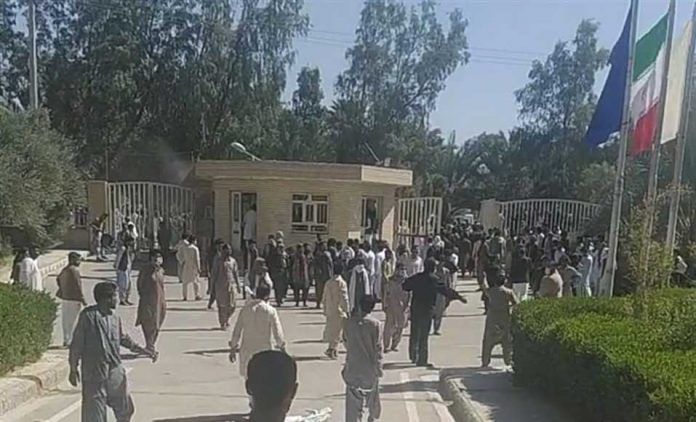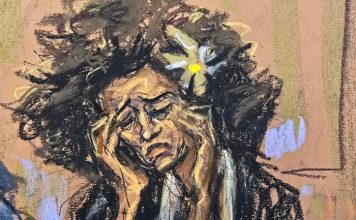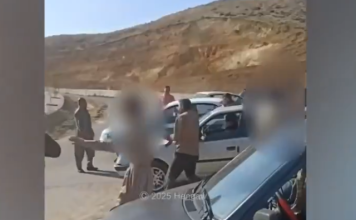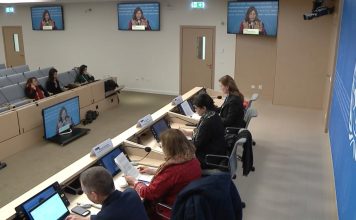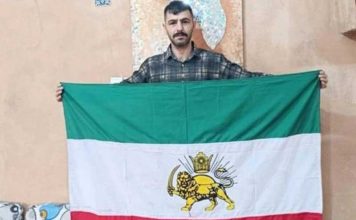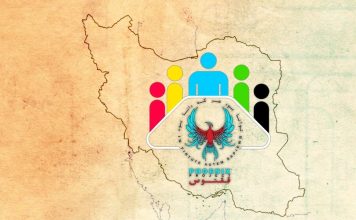GENEVA, March 5 (Reuters) – At least a dozen people and possibly up to 23 have been killed in Iran‘s Sistan-Baluchistan province where Revolutionary Guards and security forces have used lethal force against fuel couriers from ethnic minorities and protesters, the United Nations said on Friday.
Iran is investigating an incident in which at least two Iranians were shot dead this week at the border with Pakistan, and Islamabad has handed over the body of one of the victims, the Iranian foreign ministry said a week ago.
The shooting of people carrying fuel across the border led to protests that spread from the city of Saravan to other areas in the southeastern province of Sistan-Baluchistan, including the capital, Zahedan.
⚠️ Confirmed: Significant internet disruption registered in #Iran from ~10:30 pm local time; incident has partial impact observable at nation scale, and follows days of reported disruptions during protests in the southeast; incident ongoing ?
? https://t.co/VRph3Rt5Nb pic.twitter.com/LXFIomAgbi
— NetBlocks (@netblocks) February 27, 2021
“The series of violent events and unrest began on 22 February, when Revolutionary Guards are alleged to have shot and killed at least 10 fuel couriers, known as sookhtbar, in Sistan and Baluchistan Province at the border with Pakistan, after a two-day stand-off triggered by the Islamic Revolutionary Guard Corps blocking the road to the city of Saravan,” U.N. human rights spokesman Rupert Colville told a news briefing in Geneva.
The killings had triggered demonstrations in several cities across the province, during which the revolutionary guard and security forces fired lethal ammunition at protesters and bystanders, he said.
Colville said that it has been difficult to verify the death toll due to disruptions of local mobile data networks, but some unconfirmed reports have estimated that as many as 23 people may have been killed.
“We call on the authorities to immediately restore Internet access in areas that remain disconnected,” he said.
Sistan-Baluchistan’s population is predominantly Sunni Muslim, while most Iranians are Shi’ite. Iran has some of the lowest fuel prices in the world and has been fighting smuggling to neighbouring countries.
(Reporting by Stephanie Nebehay; editing by Emma Farge)

